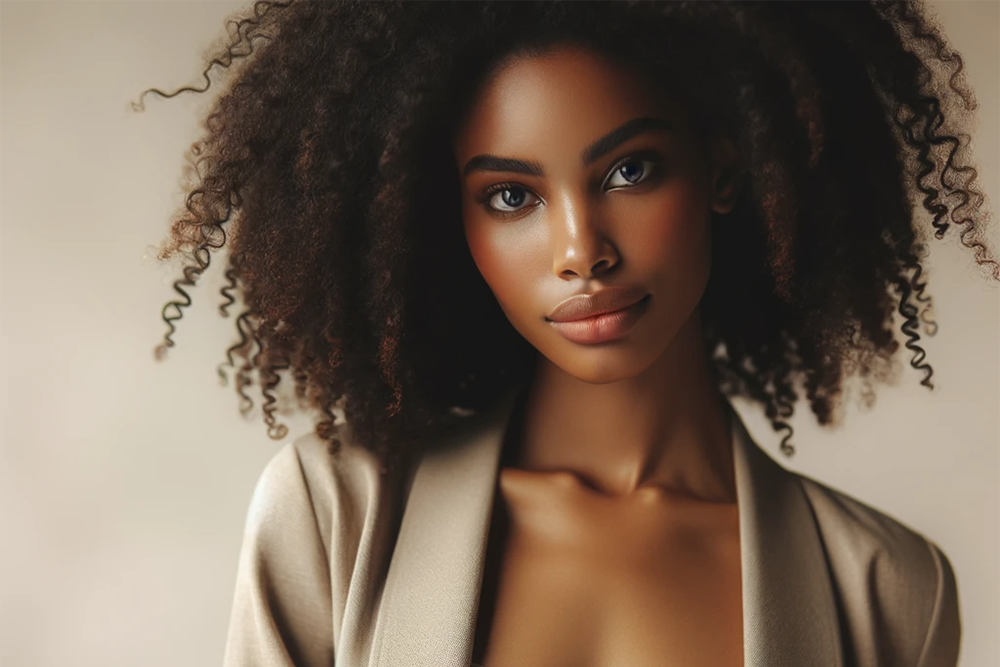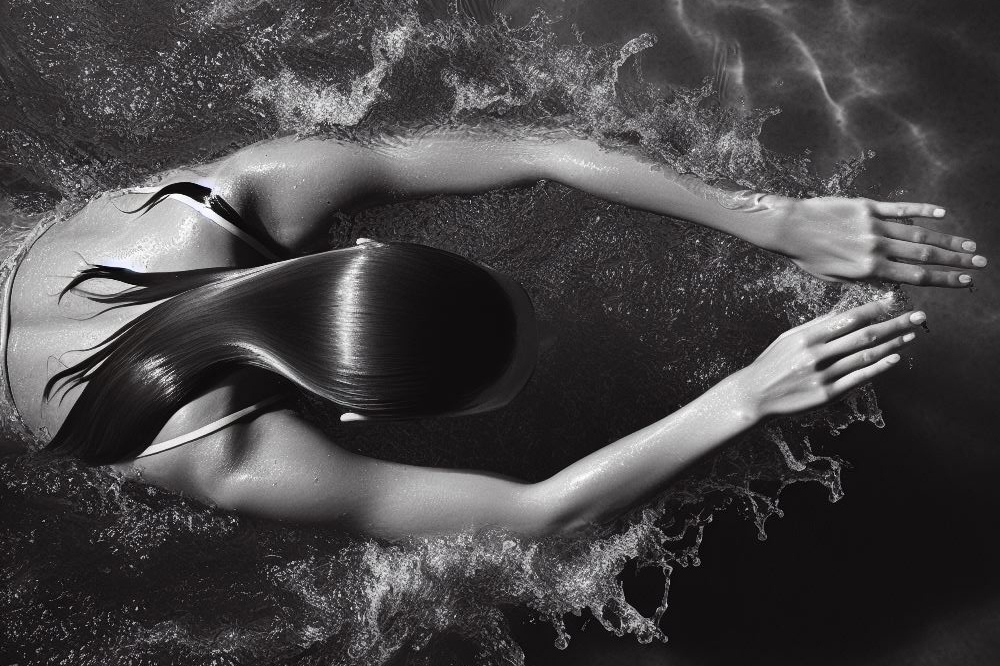In his new project, Oliver Bendel first created images using DALL-E 3. For consistency, he structured the prompts similarly in each case, making sure to keep them as general as possible. They covered a range of topics: things, plants, animals, people, and so on. From the suggestions provided by DALL-E 3, he chose one and combined it with the prompt from ChatGPT (which serves as the interface to DALL-E 3) to create the basis of the book “AN AI EXPLAINS BEAUTY”. Oliver Bendel then engaged ChatGPT (using the image upload feature) to explain the beauty of the things, plants, animals, humans, and so on. At first, the AI was reluctant to offer insights about people, but with some encouragement, it obliged. The results of these inquiries are also documented in the little book. They represent the real sensation. Because ChatGPT can recognize and describe individual objects in the image, and this with a view to predetermined aspects. The whole project was done on November 1, 2023, including the publication. The little book can be downloaded here.
American Smile
DALL-E 3 is an excellent image generator and at the same time full of stereotypes and biases. One very interesting phenomenon is that of the American smile, which appears again and again in the images. The idea for the little book “AMERICAN SMILE” came to Oliver Bendel when he read the blog post “AI and the American Smile. How AI misrepresents culture through a facial expression” (medium.com/@socialcreature/ai-and-the-american-smile-76d23a0fbfaf). The author – username jenka – showed a series of “selfies” made with Midjourney. Regardless of the time period or culture, people smiled in a similar, American way. Oliver Bendel investigated this phenomenon and asked DALL-E 3 to take pictures of smiling people from different eras and cultures. He also got bears and aliens to smile. In fact, with very few exceptions, they all smiled in a similar way. He documented the pictures, along with the prompts, in a little book that can be downloaded here. Bias problems in image generators are addressed in the article “Image Synthesis from an Ethical Perspective” by Oliver Bendel.
Moral Issues with Image Generators
The article “Image Synthesis from an Ethical Perspective” by Prof. Dr. Oliver Bendel was submitted on 18 April and accepted on 8 September 2023. It was published on 27 September 2023. From the abstract: “Generative AI has gained a lot of attention in society, business, and science. This trend has increased since 2018, and the big breakthrough came in 2022. In particular, AI-based text and image generators are now widely used. This raises a variety of ethical issues. The present paper first gives an introduction to generative AI and then to applied ethics in this context. Three specific image generators are presented: DALL-E 2, Stable Diffusion, and Midjourney. The author goes into technical details and basic principles, and compares their similarities and differences. This is followed by an ethical discussion. The paper addresses not only risks, but opportunities for generative AI. A summary with an outlook rounds off the article.” The article was published in the long-established and renowned journal AI & Society and can be downloaded here.
On Beauty
On 17 October 2023, Oliver Bendel published a little book entitled “ON BEAUTY” in which he posed 26 questions about beauty to GPT-4. The language model’s answers show the direction in which it has developed. They reveal much of the world knowledge it has accumulated. But they are also unassailable and quite general. To some questions that are not usually asked, it has downright woke answers. Only questions about the measurability of beauty or the connection between beauty and evolution elicit some concessions from the chatbot and text generator. Questions and answers are illustrated with images generated by DALL-E 3. They show beautiful people, beautiful animals, beautiful things, beautiful landscapes. Some are highly expressive art, others are kitsch. Like its predecessor “ARTIFACTS WITH HANDCAPS” (24 September 2023), this little book can be downloaded for free. Oliver Bendel has been writing experimental literature for 40 years, from concrete poetry and mobile phone novels to poems in the form of 2D and 3D codes and AI-generated texts. He has toured the Netherlands with his mobile phone novels and poems on behalf of two Goethe Institutes. The standard reference “Die Struktur der modernen Literatur” (Mario Andreotti) devotes two pages to his work (Photo: DALL-E 3).



